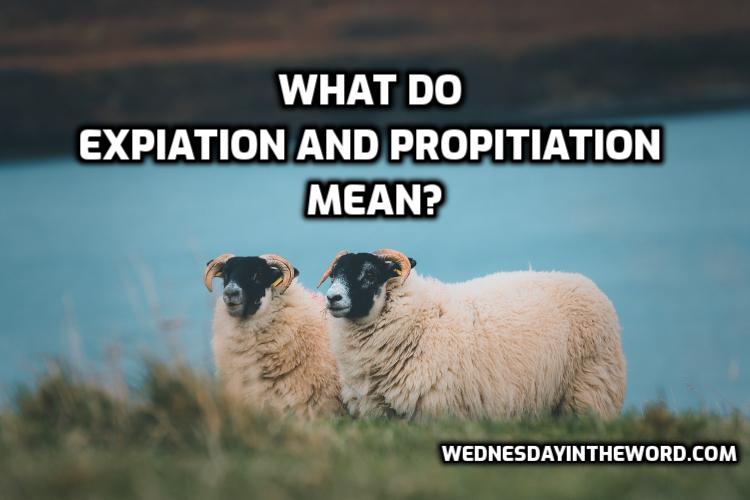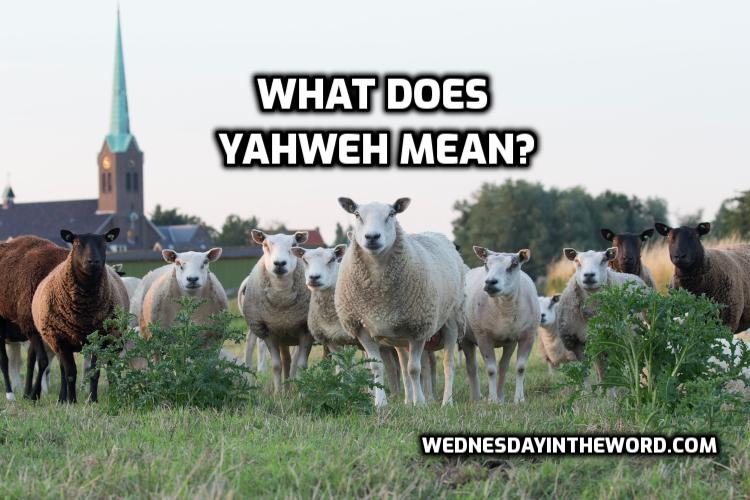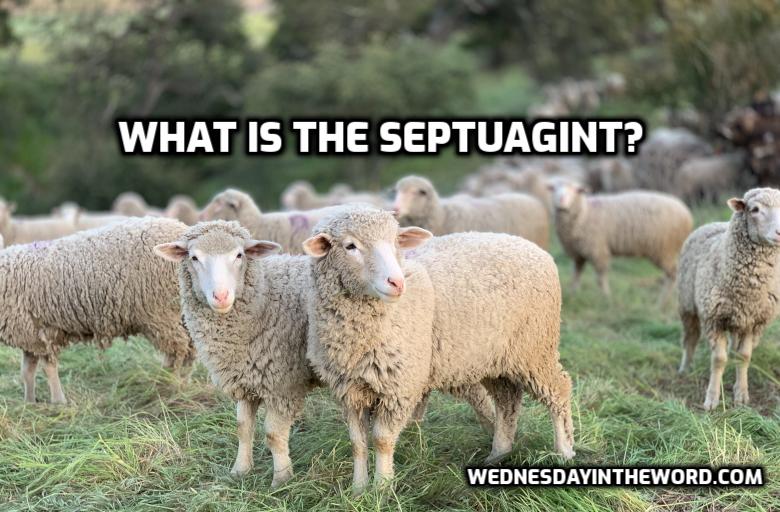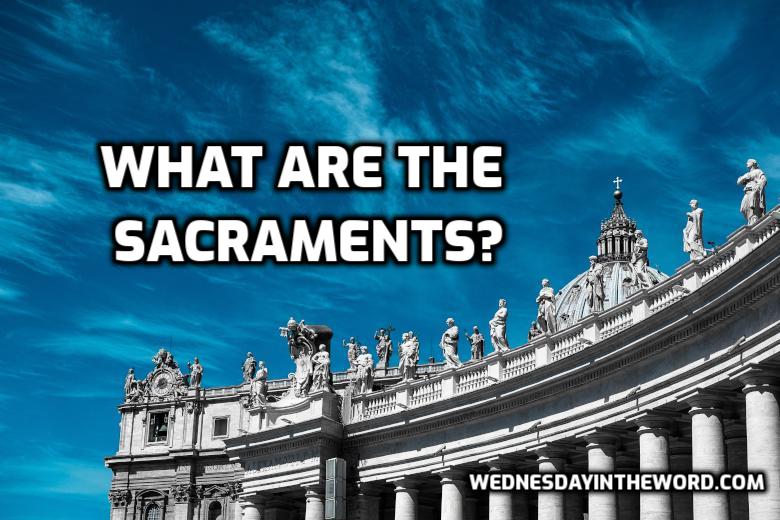As a new believer, I was confused about sanctification. My rather simple understanding was sanctification means your “sin-meter” is going down.
Should Christians fast today?
My study of fasting in Scripture taught me two things. 1) If you want to fast as a religious ritual, do it from a heart that is expressing a genuine faith and sincere desire to know and love God; and 2) Don’t use fasting as a test to reject your fellow believers and/or impress other people.
What is All Saint’s Day?
What is All Saint’s Day? All Saints’ Day is a time to celebrate heroes of the faith from scripture, as well as prominent figures in the early church.
What does it mean to fear God?
In biblical terms, the word “fear” does not usually focus on feelings of terror or fright. “Fear” is a motivating emotion. We use “fear” to determine what we will do in any given situation.
What is the nature of faith?
Some see faith as a settled issue, something we no longer have to think about once we pray the sinners prayer. Others see faith as a journey with trials and troubles along the way. The goal is to grow and persevere. Which approach we take influences how we interpret the Bible. (I take the second approach.)
What is hesed, God’s lovingkindess?
What is hesed? The Hebrew word is important in the Old Testament. If hesed was a recipe, it would have three ingredients.
What do expiation and propitiation mean?
When studying the atonement, you’re likely to run across two technical words: expiation and propitiation. These terms tend to appear in a text without explanation. But since they are not in the Bible and they don’t often come up in daily conversation, it can be difficult to remember what they mean.
What does YAHWEH mean?
When God reveals Himself to Moses at the burning bush), He identifies Himself as “Yahweh” or “Jehovah”, which is often translated “I am who I Am.” What does that name mean?
What is the Septuagint?
The Septuagint (often abbreviated LXX) is a translation of the Hebrew Bible into Greek in the 3rd century BC. The LXX was made for the Jewish community when Greek was the common language of the day, and for many Jews was their primary language.
What is the difference between “Son of God” and “Son of man”?
In Scripture, Jesus is called both “Son of God” and “Son of Man”. What’s the difference? We may assume one refers to his divinity and one to his humanity, but it’s not that simple. In this classic clip, RC Sproul explains the difference.
What are the Sacraments?
What are the Sacraments? What’s the difference between the Protestant view of Sacraments and the Roman Catholic view? Rome has 7 sacraments, while Protestants have 2.
What was the Canaanite religion?
“Canaanite” refers to the group of polytheistic people living in the historical region of Israel and Palestine at the time of the Old Testament. Canaanite mythology centered around three primary exploits of Baal.












